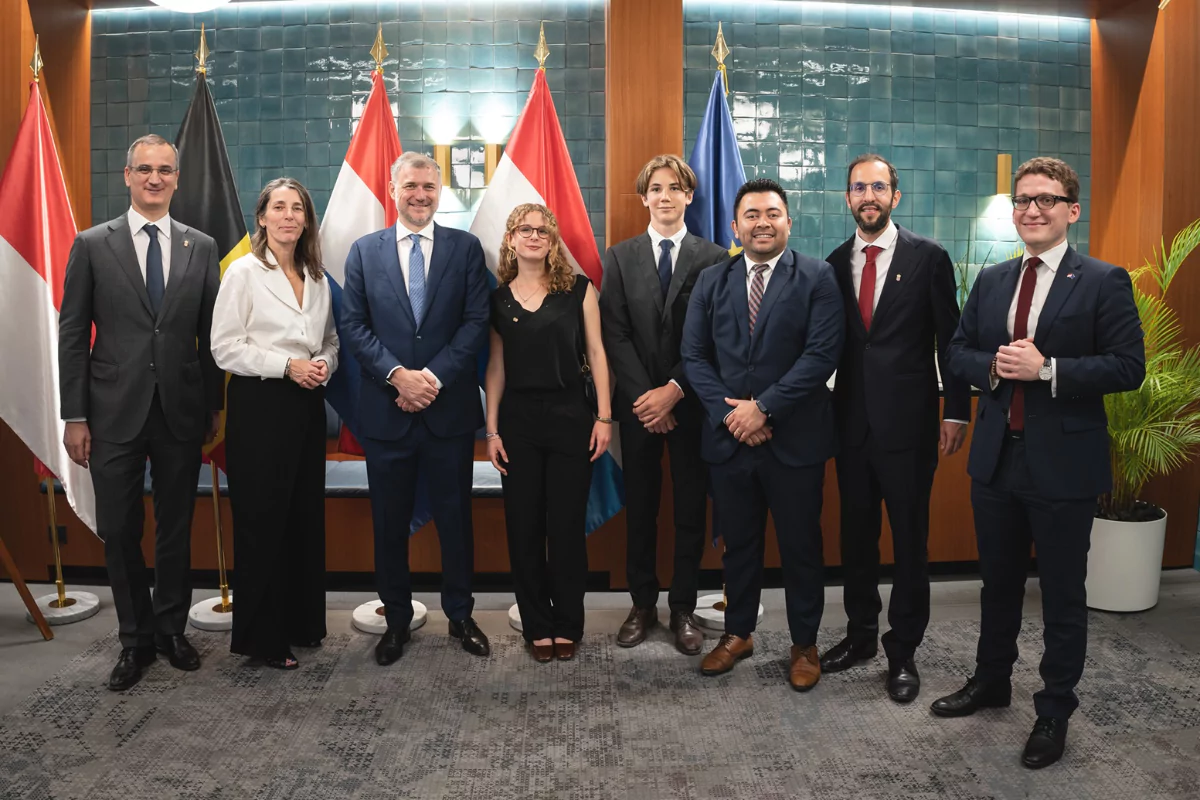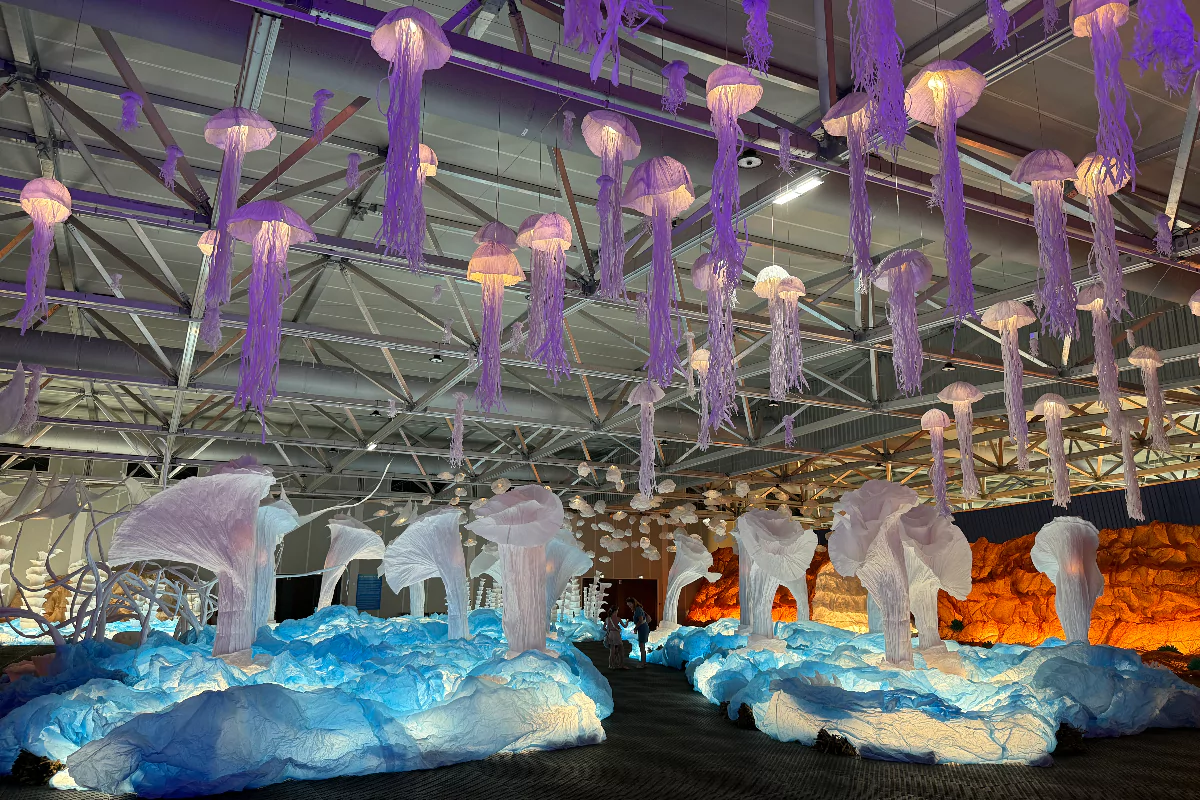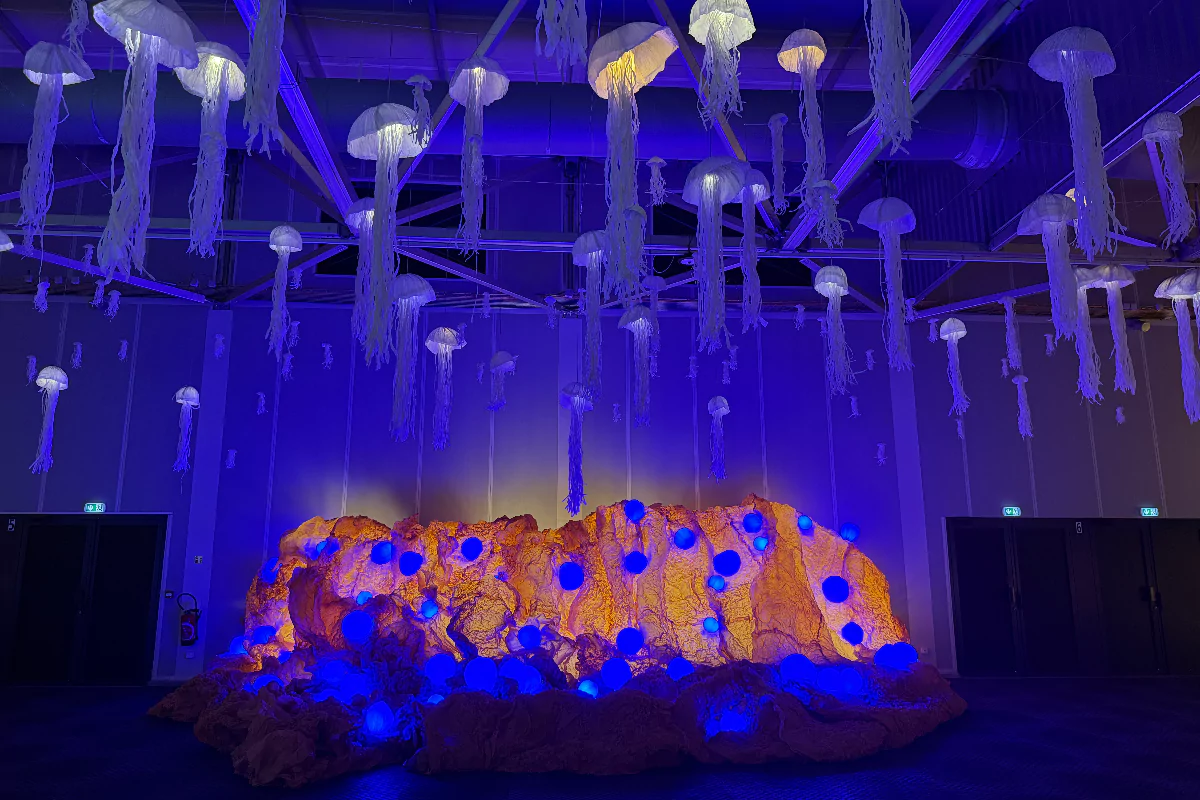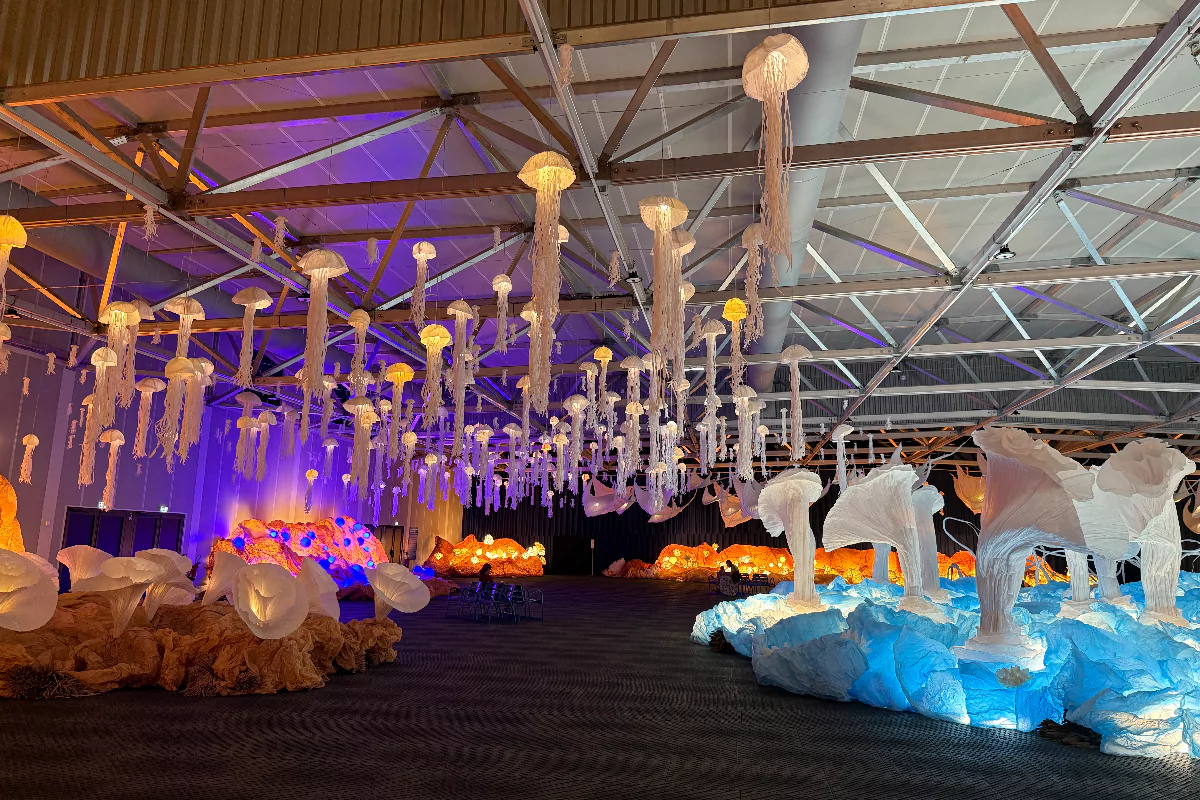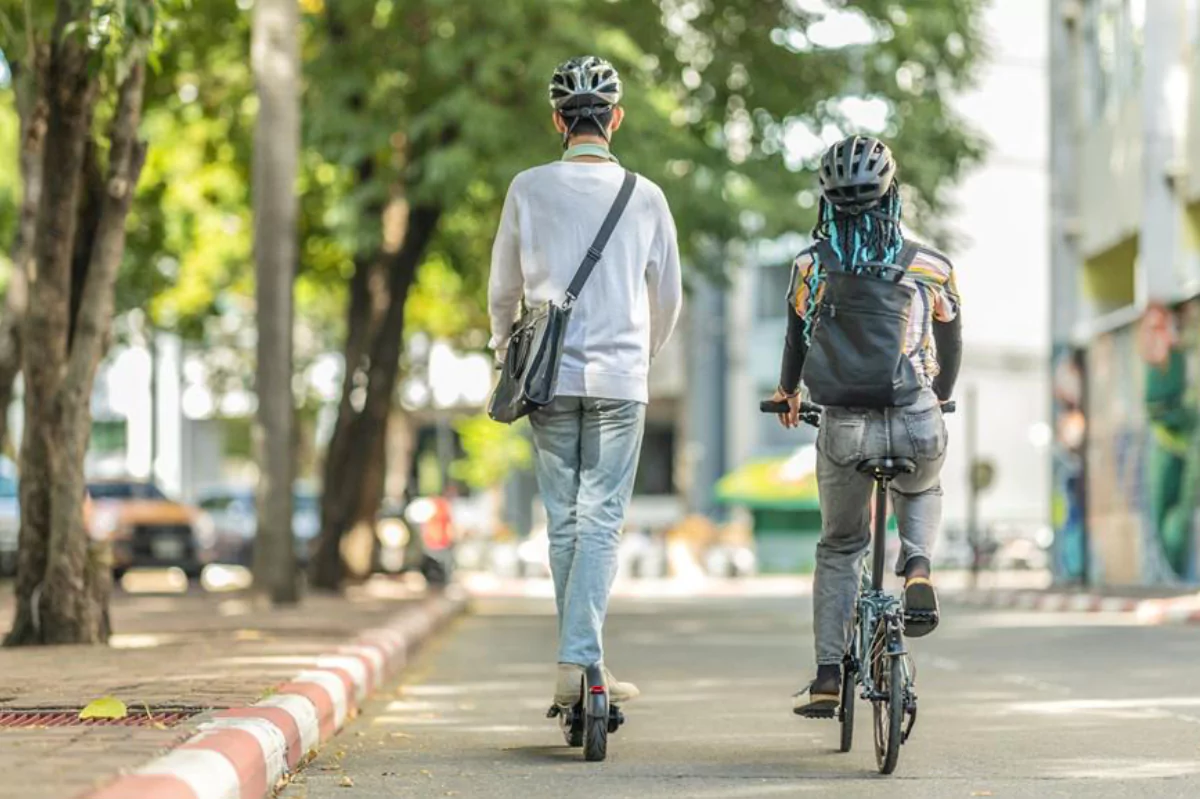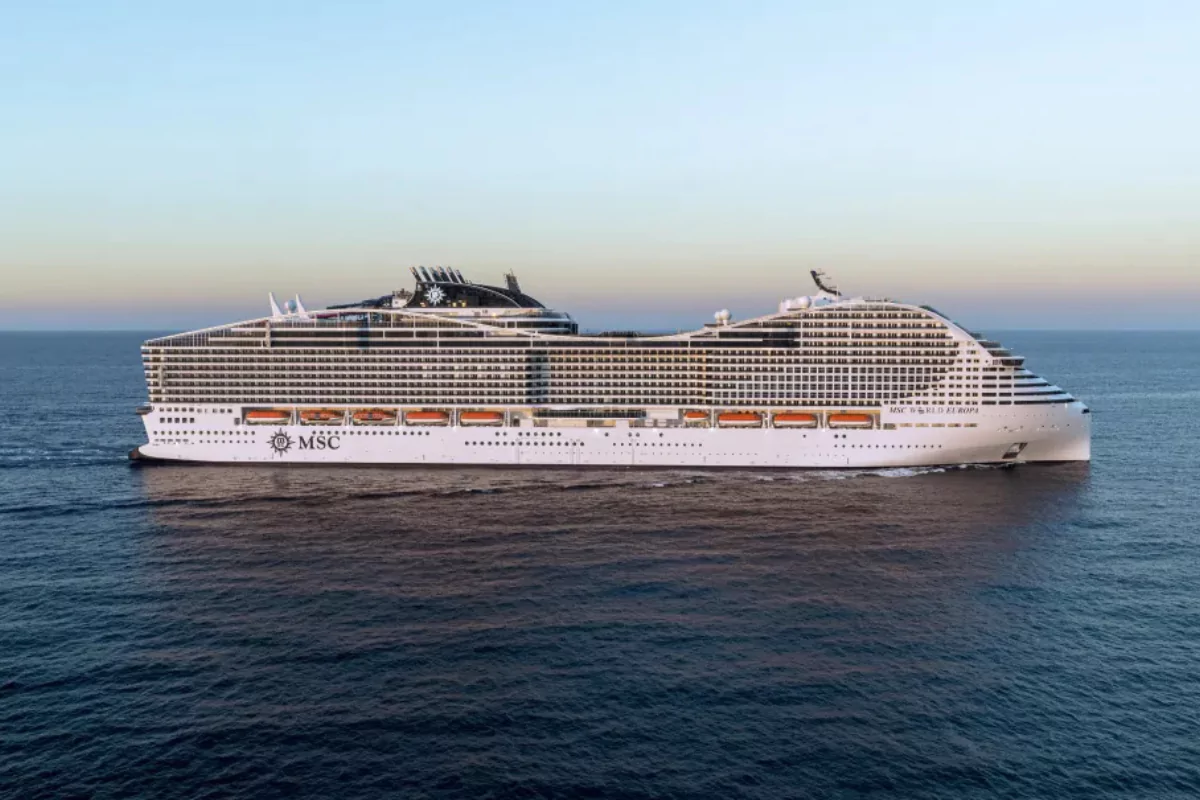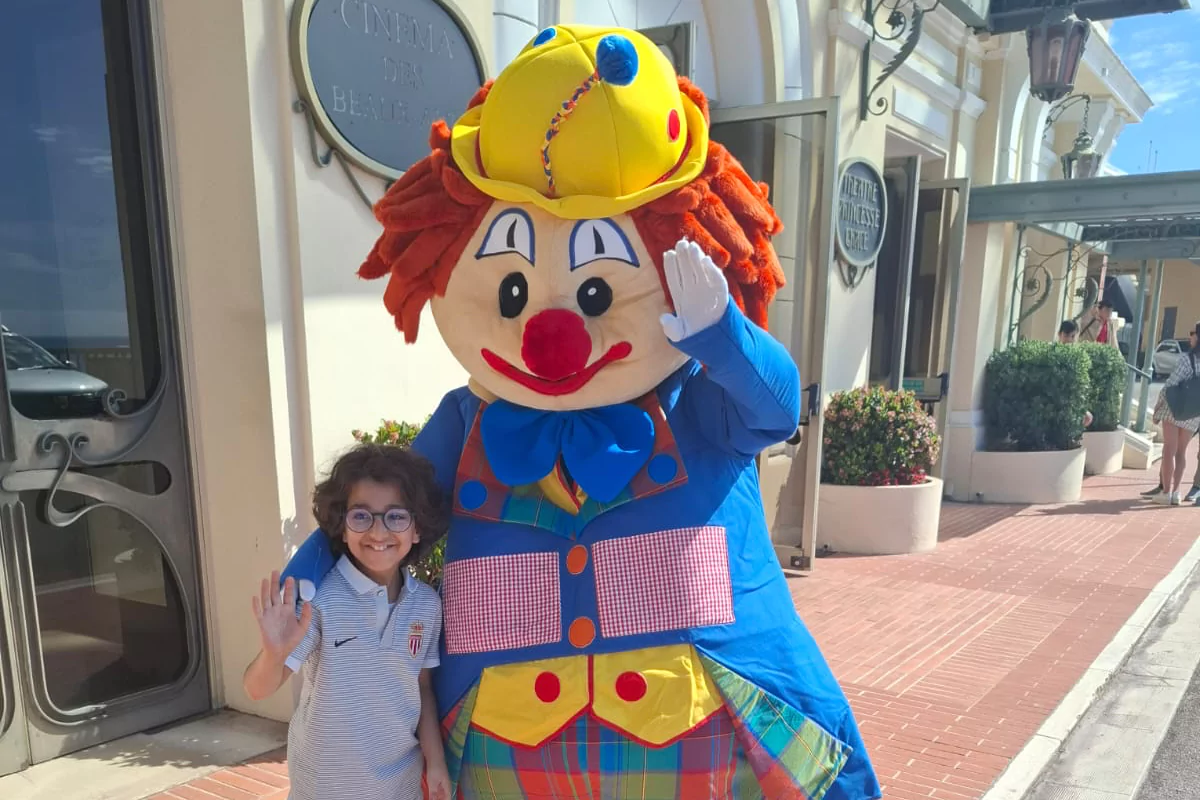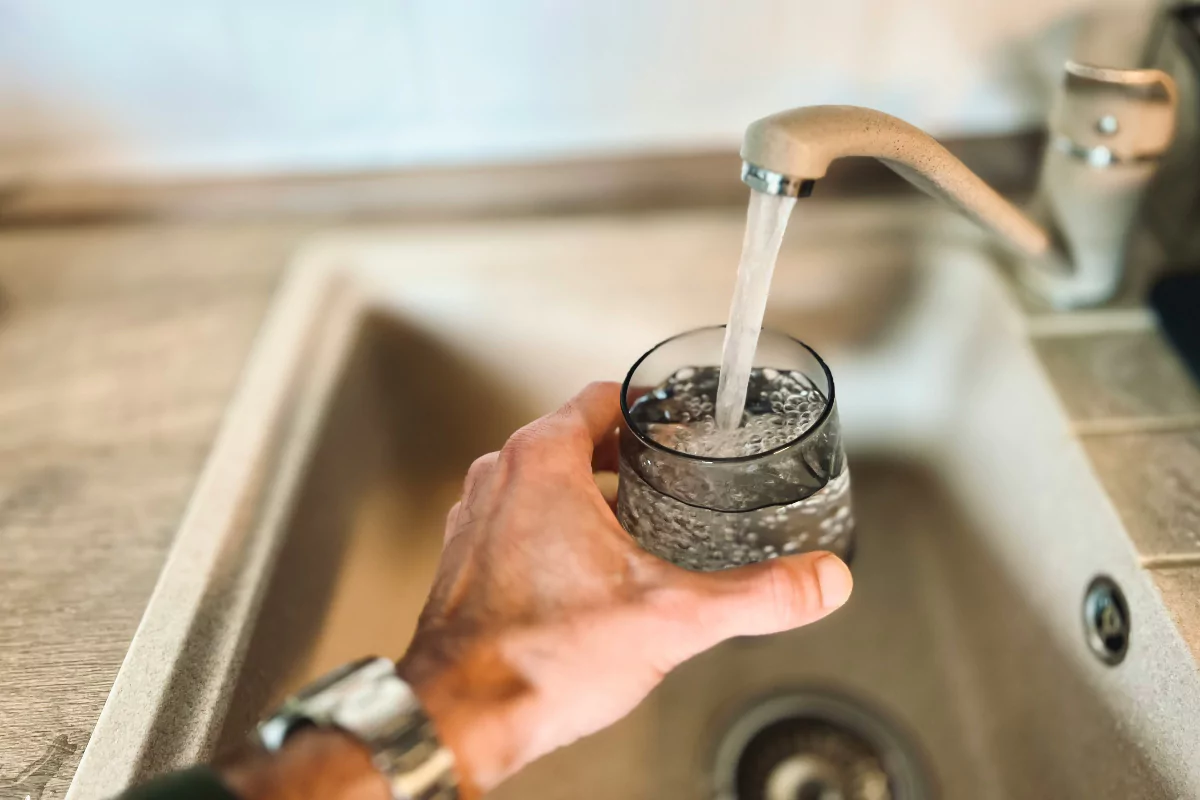The Monaco Embassy in Belgium, the Netherlands and Luxembourg recently hosted a reception to commemorate the 20h anniversary of Prince Albert II’s accession to the throne.
The celebration at the embassy’s Brussels headquarters drew over 150 guests, including representatives from Belgian institutions, the European Union, and various international organisations based in Brussels and The Hague. Ambassadors and members of the diplomatic corps were joined by civil society figures and Monégasque nationals and children of the country residing in Belgium.
Environmental leadership highlighted
In his address, Mr Frédéric Labarrere outlined the Principality’s achievements over the past two decades under Prince Albert II’s guidance. On international affairs, he highlighted the Prince’s commitment to environmental protection and ocean preservation, demonstrated by Monaco’s hosting of the Blue Economy and Finance Forum in June.
The ambassador also noted the Princely Government’s efforts to support the most vulnerable populations by increasing public development aid to its partner countries in international cooperation.
Additionally, Labarrere cited Monaco’s recent designations as ‘World Sports Capital 2025’ and ‘Best European Tourist Destination 2025’.
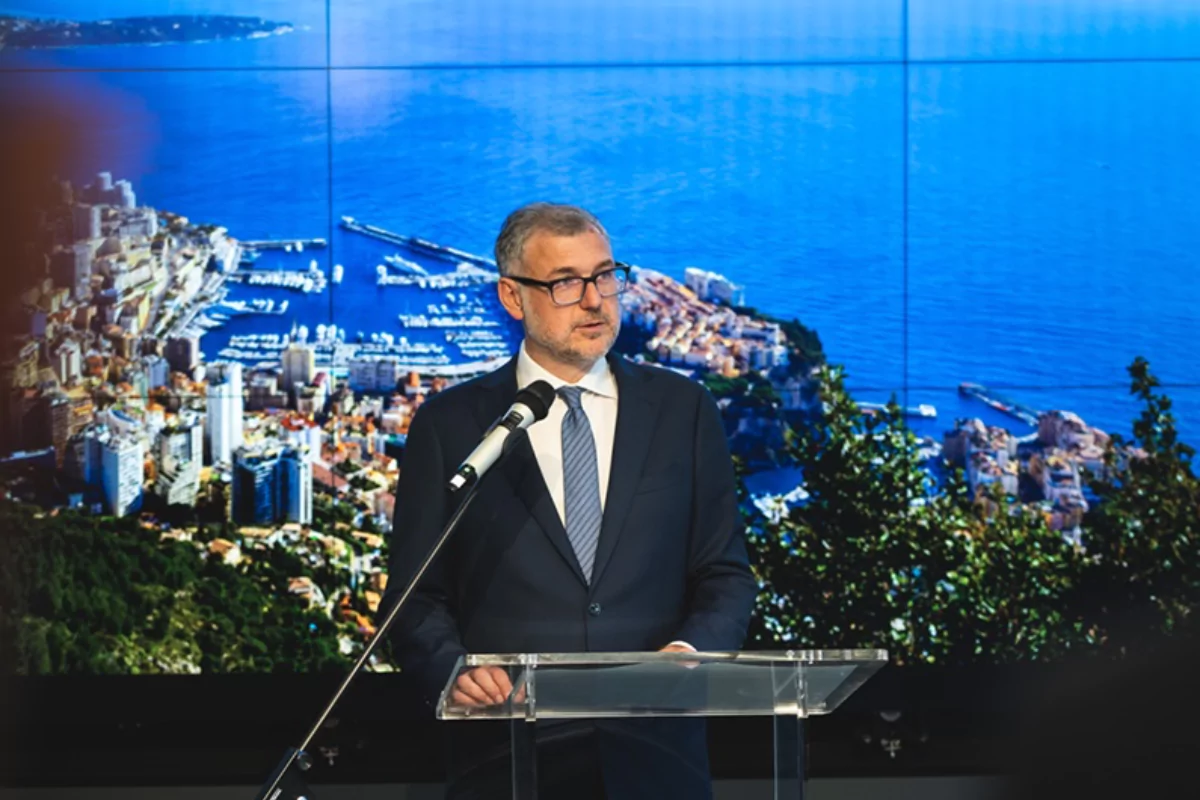
Lastly, as Monaco’s Chief of Mission to the European Union, Ambassador Labarrere addressed relations with EU institutions, describing them as solid and rooted in shared common values.
Meanwhile he reiterated Monaco’s support for multilateralism, respect for human dignity, and sovereign equality of all states.
The venue featured displays of vintage and contemporary Monaco posters, alongside a cocktail bar and products from the Principality.
Stay updated with Monaco Life: sign up for our free newsletter, catch our podcast on Spotify, and follow us across Facebook, Instagram, LinkedIn, and Tik Tok.
Main photo by: Gouvernement Princier
